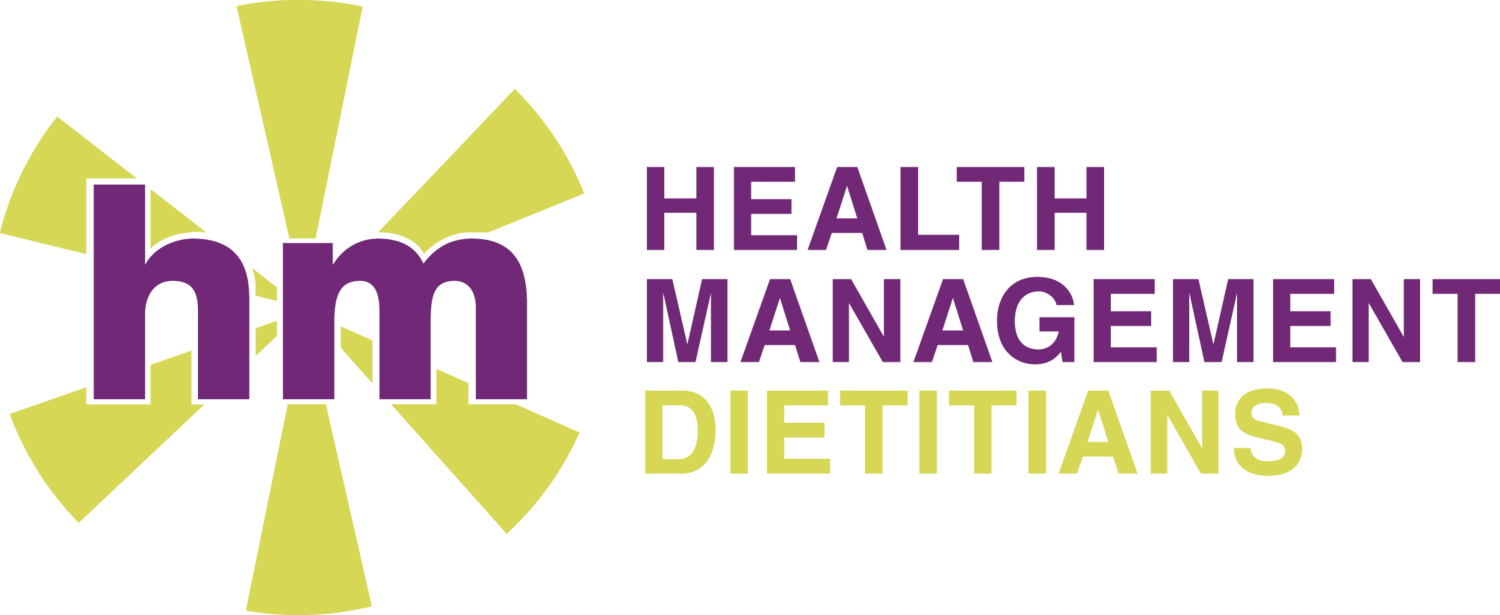
Health Management Blogs
Feeding Kids over Christmas and school holidays
Looking for practical ways to feed kids over Christmas and the school holidays? Our dietitians share simple, stress-free tips to help families balance festive foods with healthy eating habits, regular meals, hydration and active play — without taking the fun out of the holidays.
REDs in Athletes: The Hidden Condition Affecting Performance
Experiencing fatigue, recurring injuries or stalled progress in training? You may be showing signs of REDs. Discover how our Sports Dietitians at Health Management Dietitians can help optimise your energy, recovery, and performance with a tailored nutrition plan.
Nourishing Your Mind: How Food Supports Mental Health
Food and mental health are closely linked. Learn how omega-3s, B vitamins, gut health and balanced eating support mood, energy and brain function — plus how to work with a Cairns dietitian for personalised support.
Zinc and muscle gain… Do you really need a supplement?
“Do zinc supplements really help with muscle gain? Learn how zinc supports strength, recovery, and hormones — plus how to meet your zinc needs through food without overdoing supplements. Trusted advice from Health Management Dietitians Cairns.”
More to Life than calories: Why nutrients matter more than numbers…
Low-calorie doesn’t always mean healthy. Learn why balance, satisfaction, and nutrient-rich meals matter more. Speak to our Cairns dietitians today.
Is the Carnivore Diet really healthy?
Curious about the carnivore diet? Discover why an all-meat diet might not be the best long-term solution. Learn about potential health risks and how balanced nutrition can better support your overall wellbeing. Get expert dietary advice from Health Management Dietitians.
🥚 How Nutrition Can Support Fertility: What You Need to Know
Why Nutrition Matters for Fertility
When planning for pregnancy, many people focus on timing, hormones, or fertility tests — but often overlook the critical role of nutrition. While no food guarantees conception, a balanced, nutrient-rich diet can significantly improve your reproductive health and prepare your body for pregnancy.
As trusted fertility dietitians in Cairns, we help individuals and couples understand how diet impacts hormones, egg quality, ovulation, and overall fertility.
Let’s Talk About Gut Health: Eating for Healthy Bowel Movements
Fibre plays a major role in keeping everything moving — but not all fibre works the same way:
Soluble fibre (like oats, beans, and fruits) absorbs water, forming a soft gel. This helps with constipation by softening stools, and with diarrhoea by soaking up extra fluid.
Insoluble fibre (like wholegrains, vegetables, and seeds) adds bulk to your stools and keeps them moving. If you have diarrhoea, you might need to ease up on insoluble fibre for a little while.
Why do I get a sweet tooth after dinner and how do I stop it?
If you find yourself standing in front of the fridge at 9 PM, debating whether to eat that last cookie (spoiler alert: you will), you’re not alone. Post-dinner sugar cravings are ridiculously common, and—let’s be honest—sometimes feel impossible to resist. But why does your brain suddenly demand a brownie the moment you put your fork down? Let’s dive in.
Meal Timing For Fat Loss: When should you stop eating?
Meal Timing for Fat Loss: When Should You Stop Eating?
When it comes to fat loss, we often focus on what to eat, but when you eat can be just as important. Health Management Dietitians emphasise that meal timing plays a crucial role in optimising fat loss and improving overall health. So, what's the best time to finish your last meal of the day?
Do I Need to Calorie Count: The Benefits and Drawbacks of Calorie Counting Apps
In today's digital age, calorie counting apps have become popular tools to track food intake, monitor weight, and reach health goals. But are these apps truly beneficial, or do they come with hidden downsides? As dietitians, we want to help you make an informed decision about whether calorie counting apps are right for you.











